The Ivory Tower Can’t Keep Ignoring Tech
Algorithms are shaping our lives. Where's academia when it comes to helping us make sense of this?
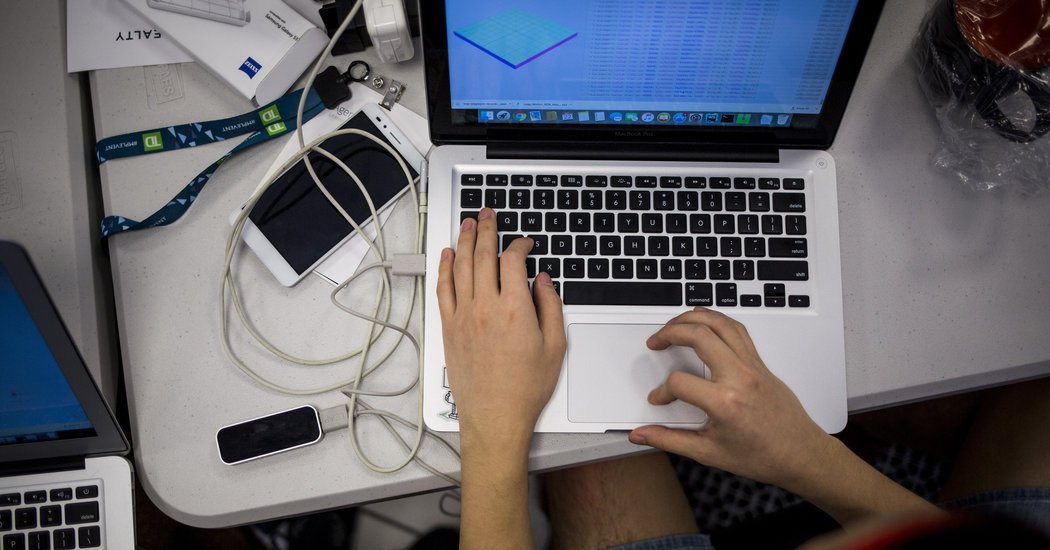
Send us a link
Algorithms are shaping our lives. Where's academia when it comes to helping us make sense of this?

The debate over taxing sugary drinks has turned into a ferocious global policy brawl. In Colombia, proponents faced intimidation and censorship.
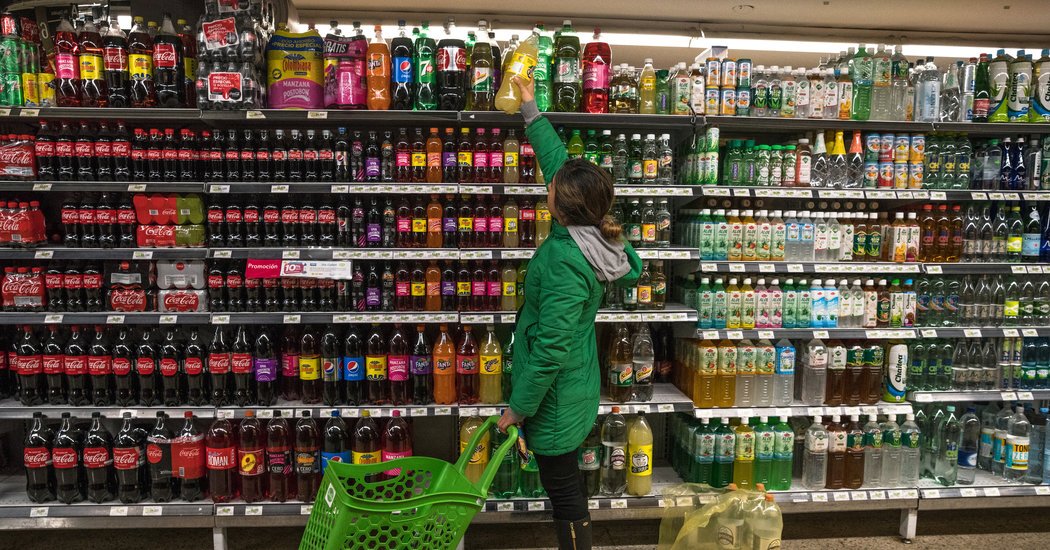
Recently, I have worked with a number of professional services firms committed to equality, diversity and inclusion. By Iris Bohnet.
Reporters and editors at the local news sites joined a union last week. On Thursday, their billionaire owner closed the sites.
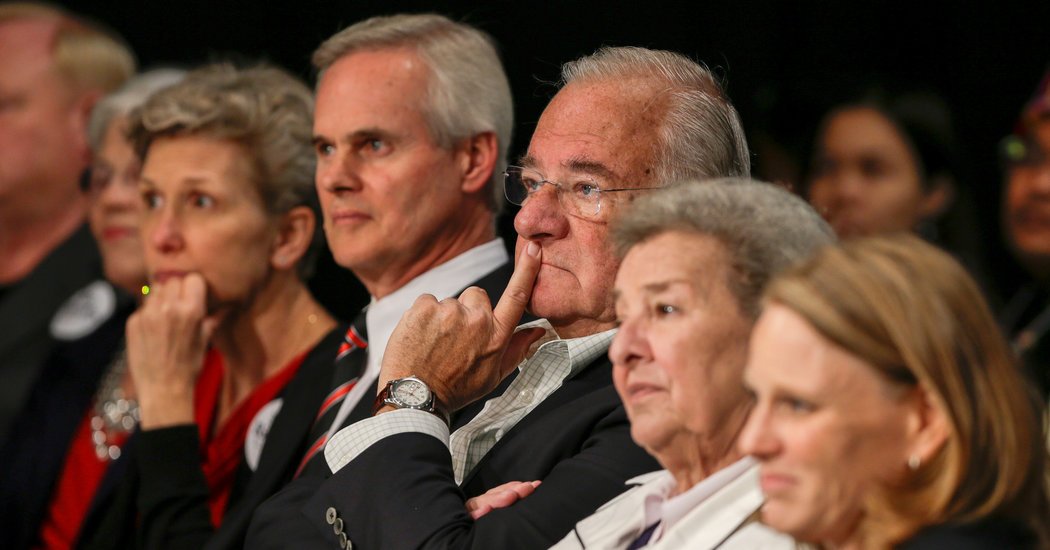
Organizers of a Monday conference on the Narragansett Bay were told three E.P.A. scientists would not be allowed to present their work.

As a young social psychologist, she played by the rules and won big: an influential study, a viral TED talk, a prestigious job at Harvard. Then, suddenly, the rules changed.
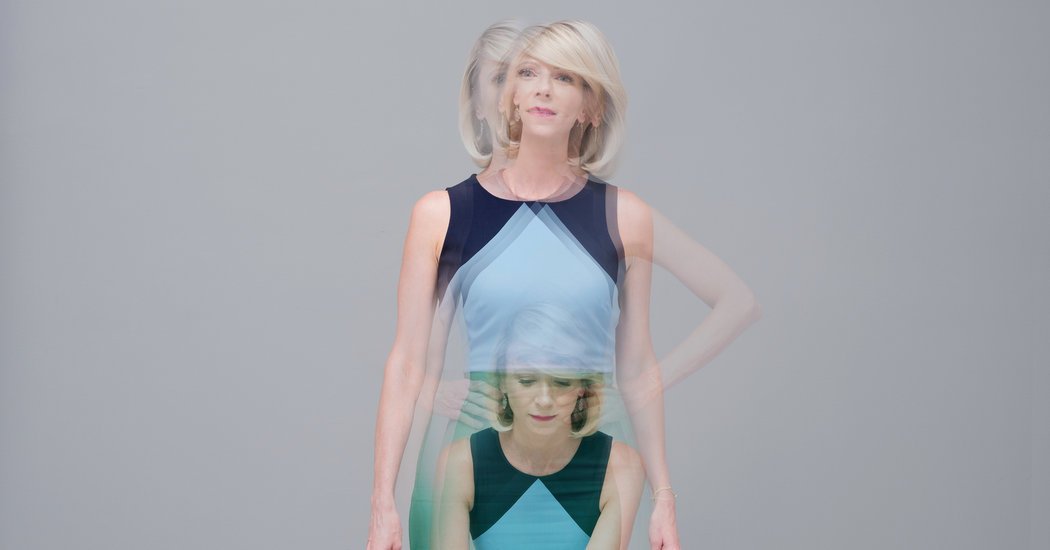
Fraudulent research and faked peer reviews have led to a humiliating setback for China's goal of becoming a global leader in scientific research.
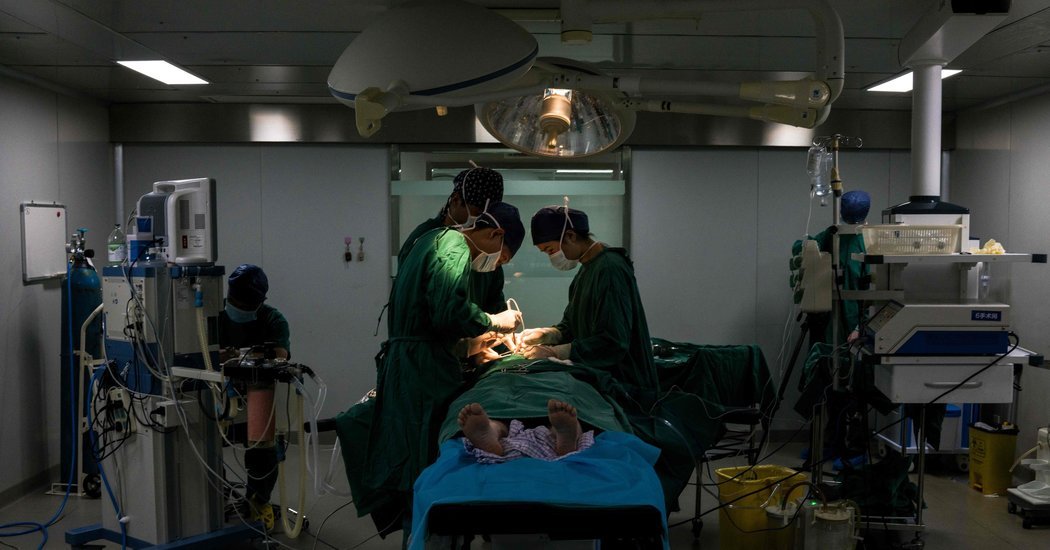
The White House and its lackeys in certain federal agencies are censoring scientific inquiry that could inform the public and government policy.
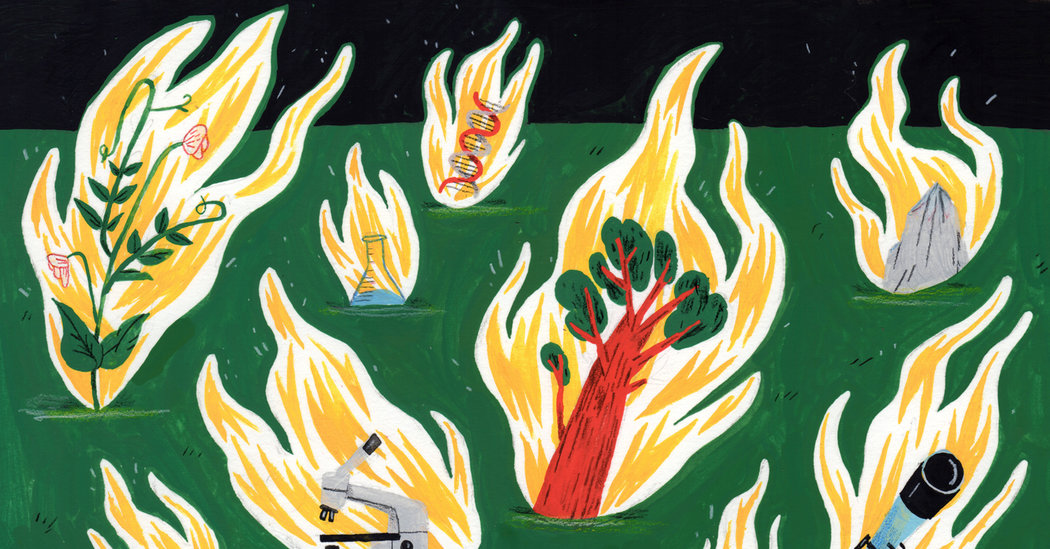
As teachers launch personal brands and cast themselves as influencers, start-ups and tech giants alike are racing to cultivate them to spread their wares.
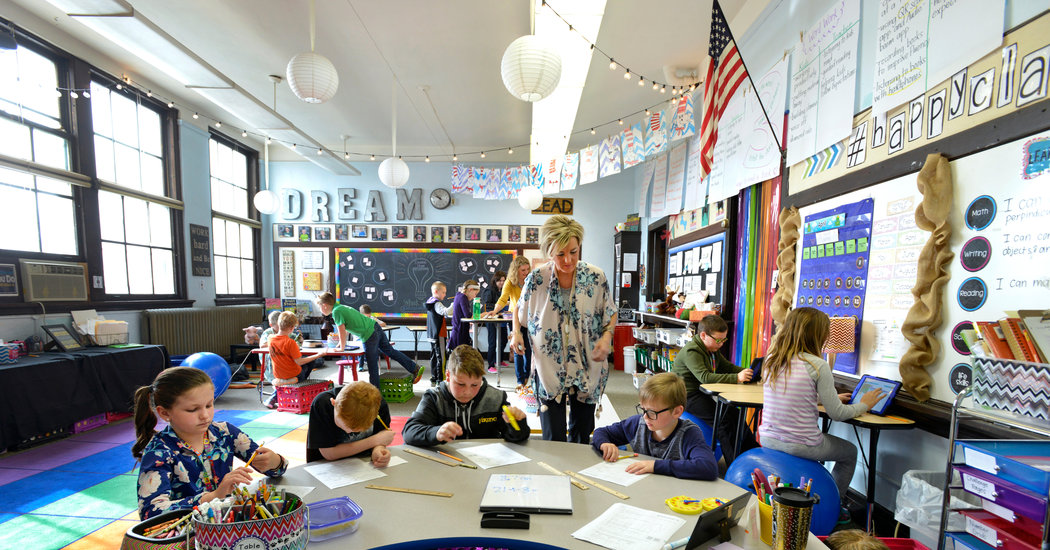
Three rules for ensuring that A.I. systems don't run roughshod over humans.
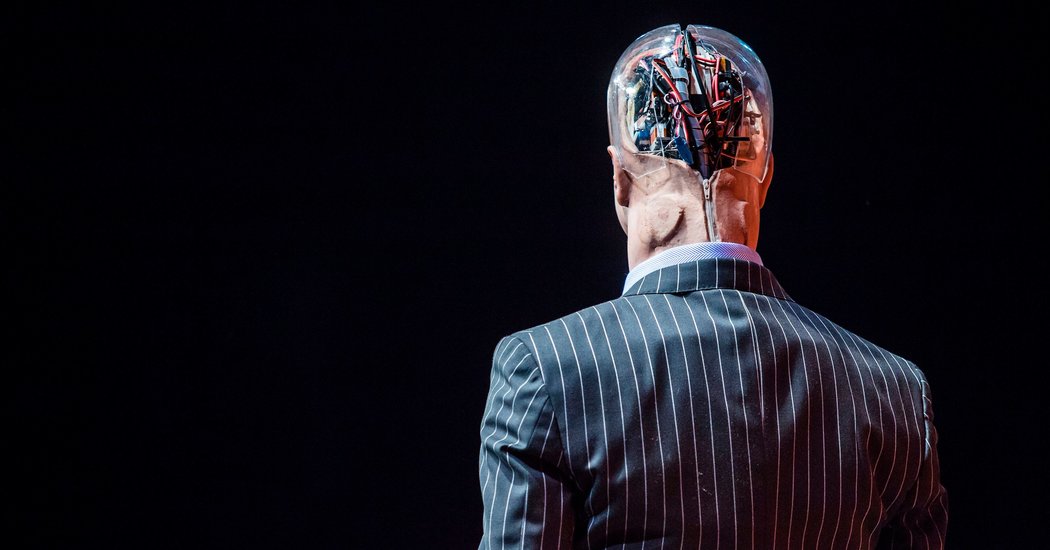
An Iranian mathematician who was the only woman ever to win a Fields Medal, the most prestigious honor in mathematics, died on Saturday. She was 40.
Two hundred years after her death, Jane Austen commands a cultural empire with her six novels at the center. It raises the question: Why her, as opposed to someone else?
The journal published guidelines on Thursday aimed at reducing scientific misconduct and at making studies easier to check and replicate.
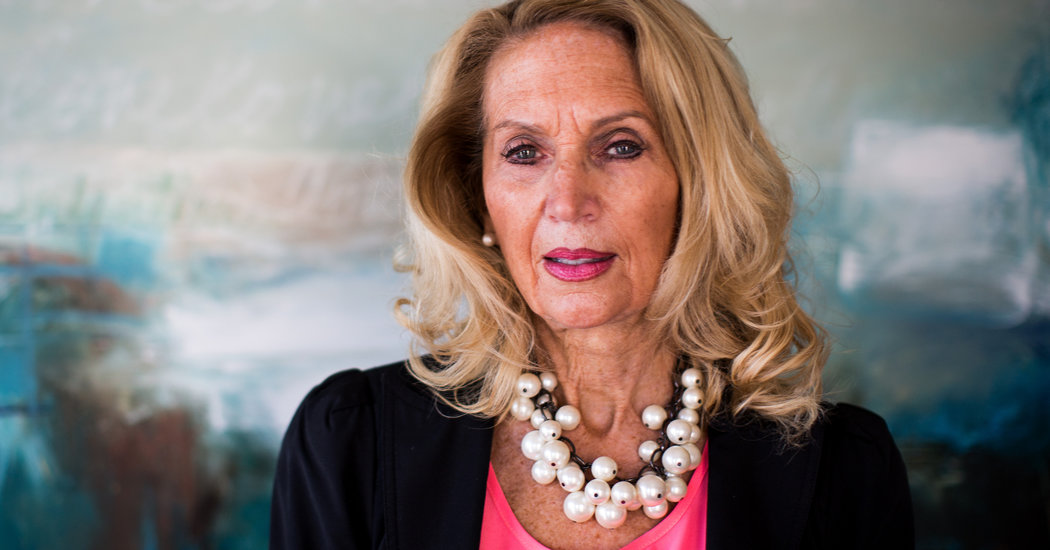
A few years back, scientists at the biotechnology company Amgen set out to replicate 53 landmark studies that argued for new approaches to treat cancers using both existing and new molecules. They were able to replicate the findings of the original research only 11 percent of the time.
If you took Psychology 101 in college, you probably had to enroll in an experiment to fulfill a course requirement or to get extra credit.
Privacy has not always been seen as an asset.
In the battle against fake news, a Greek computer scientist living in a northern English town is on the front lines. Armed with a decade of machine learning expertise, he is part of a British start-up that will soon release an automated fact-checking tool ahead of the country’s election in early June.
"When someone is honestly 55 percent right, that’s very good and there’s no use wrangling. And if someone is 60 percent right, it’s wonderful, it’s great luck, and let him thank God."
The work force is aging in the United States, and scientists are leading the way. From 1993 to 2008, the share of scientists aged 55 and older increased by nearly 90 percent.
We assume that creativity and innovation belong to the young. We’re wrong.
It’s obvious that computers have become indispensable problem-solving partners. But it’s suddenly not enough to be a fluent user of software interfaces. Understanding what lies behind the computer’s seeming magic now seems crucial.
The latest threat to academic freedom is occurring in the heart of Europe, in Hungary.
SpaceX launched a commercial satellite into space on Thursday with the boost of a partly used rocket, a feat that may open an era of cheaper space travel.